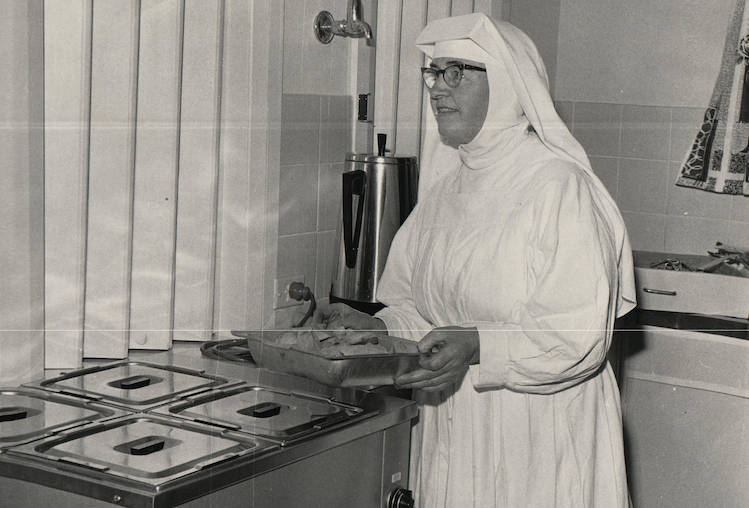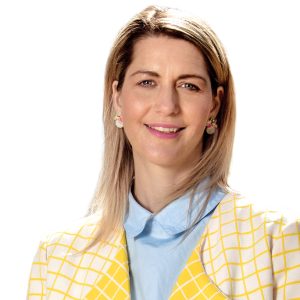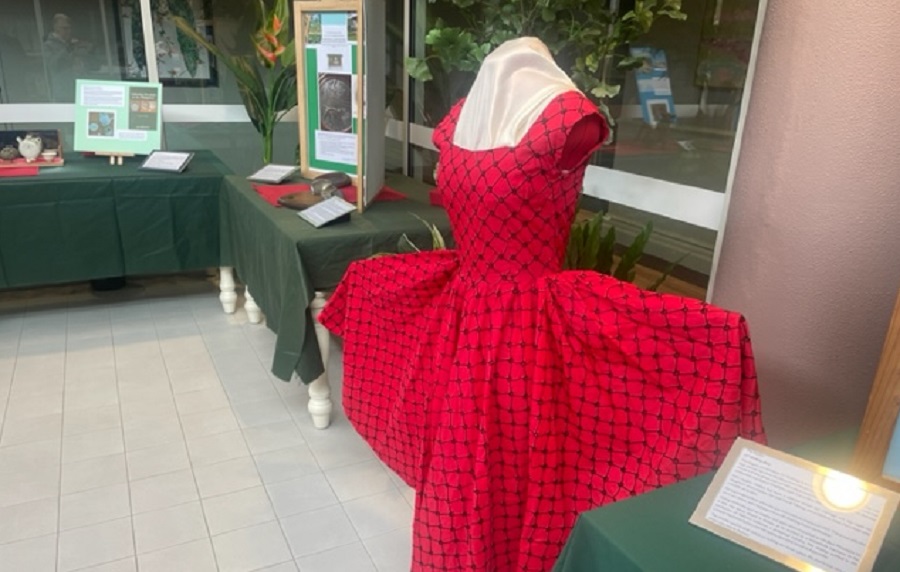
BEFORE the days of a child-protection system, a group of devoted Franciscan nuns raised enough money to build six modest cottages on a sheep paddock in Narrabundah. The cottages became temporary homes for Canberra kids in crisis, and thus Marymead was born.
Since its inception in 1967, the charitable, not-for-profit organisation has provided support for needy children and their families in Canberra, and more recently across regional NSW.
At a time when the community is in need of urgent mental health services, Marymead – which survives barely on the fumes of ACT government funding – is calling on further government support.
“More than 50 per cent of our services are delivered in the ACT, yet the grant funding from the ACT government is one per cent [$200,000], the federal and state governments make up the lion’s share of our funding,” said Tracey Hall, Marymead client services director.
COVID-19 saw an exponential increase in the demand for mental health services, with Marymead alone having 150 people on its free outreach counselling service waitlist, some clients waiting up to 18 months to see a counsellor.
Those numbers have since reduced, but there are still 70 people waiting half a year to see a Marymead counsellor, team leader Carley Thomas said.
“Mental health is so big and prominent in the community, and it’s only increasing,” Ms Thomas said.
While its annual Christmas appeal raised $50,000 helping to provide the equivalent of 640 free counselling sessions, Marymead estimates it will need additional government funding if it is to meet current levels of demand.

“Any government funding, particularly ACT government funding, is needed because the value we can generate in terms of improving the trajectories for these young people is immeasurable, let alone the financial savings by investing early,” Ms Hall said.
The Franciscan Missionaries of Mary no longer run Marymead, having been replaced by the Archdiocese of Canberra and Goulburn. But the organisation still operates in Narrabundah, these days from a new purpose-built facility.
Its programs and services are diverse and far-reaching.
“We run an extensive range of disability services for children with high needs or disabilities that aren’t high functioning,” Ms Hall said.
“We also have an extensive counselling portfolio in mental health and post-separation services, we have Marymead’s Autism Centre supporting people on the autism spectrum, and their families, and we manage Ricky Stuart House, a short-term respite house for families with disabled children in Chifley.”
Heavily supported by volunteers and community organisations, Marymead’s auxiliary plays a pivotal role in fundraising.
“They just donated $90,000, that’s their highest ever annual amount over the auxiliary’s 50 years in existence,” said Jaclyn Callaghan, Marymead fundraising manager.
“The walkathon was the auxiliary’s original fundraiser, it became an institution in Canberra, but now they do a garage and plant sale.
“The first one was a couple of weeks ago, on a Saturday, and they made $15,000 in a few hours.”
Attempting to position themselves for the future, Marymead owns and operates Azure Village, an 84-unit retirement complex for people over 55.
“To address the need for housing for older Canberrans we thought why don’t we build homes that are affordable and over time generate revenue that we can invest in the work we want to do but that governments don’t want to pay for,” said Ms Hall.
There’s work like MULCH, Marymead’s Urban Land Community Harvest Scheme, a seed-to-sale business for young adults with a disability.
From a market garden in Stirling, the “mulchers” nurture seedlings, grow fruit and vegetables and sell the harvested produce.
“You can see the difference in the participants when they, for example, master the skill of the eftpos machine; this is meaningful work for them,” Ms Thomas said.
Although the Franciscan nuns are gone, their rich legacy lives on in the organisation’s approach to assisting the community.
“The story I love is that way back when Marymead started, sometimes the nuns needed help caring for the kids, so the nuns would telephone mothers in the community to come and give them a hand with the children at dinner, bath and bedtime… some of those women are still on our auxiliary today,” said Ms Hall.
Who can be trusted?
In a world of spin and confusion, there’s never been a more important time to support independent journalism in Canberra.
If you trust our work online and want to enforce the power of independent voices, I invite you to make a small contribution.
Every dollar of support is invested back into our journalism to help keep citynews.com.au strong and free.
Thank you,
Ian Meikle, editor








Leave a Reply